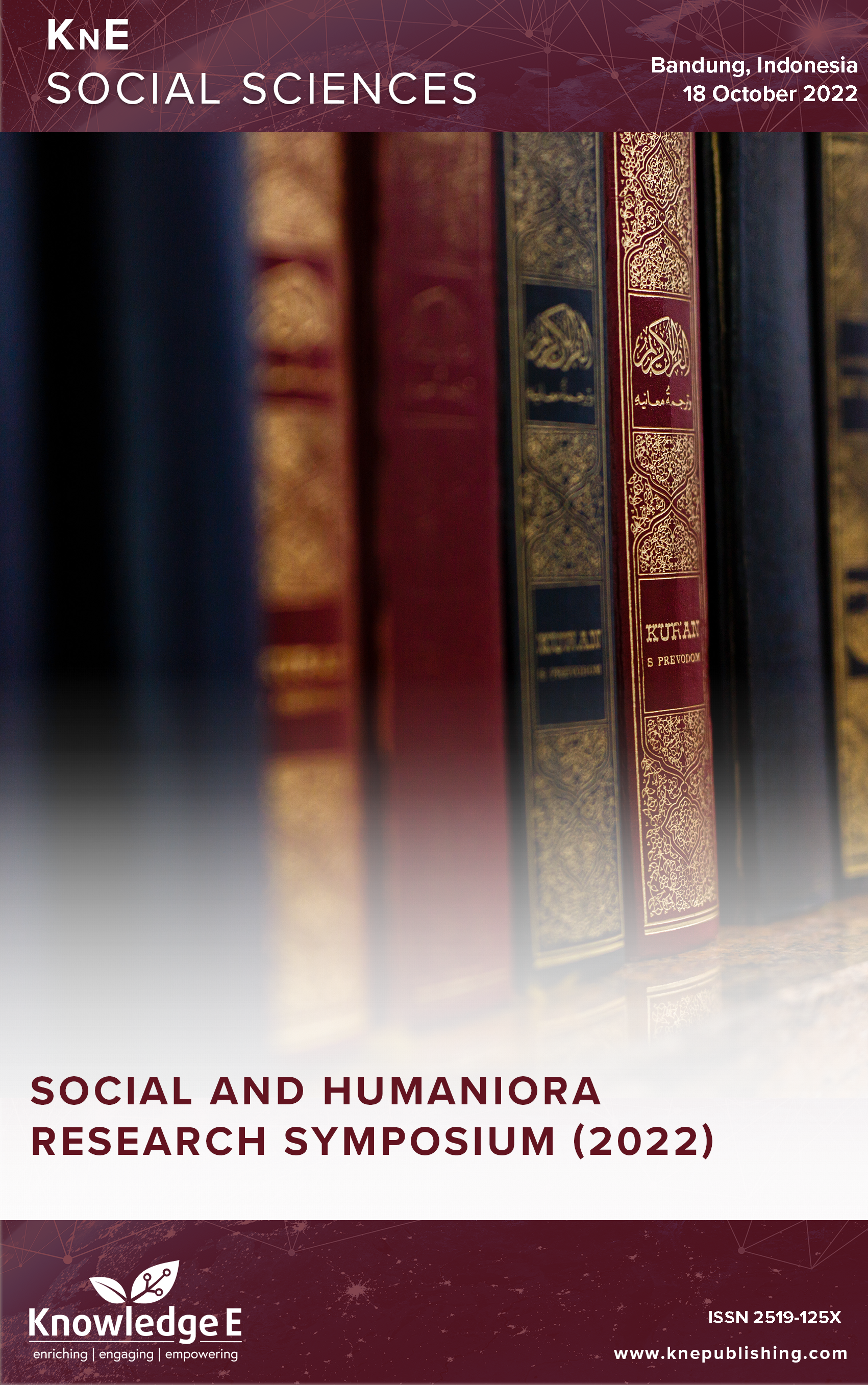The Impact of Diffusion of Innovation on Classroom Management
DOI:
https://doi.org/10.18502/kss.v8i18.14324Abstract
The integration of digital technology in the school environment has led to transformative changes in classroom management, affecting both teachers and students. Teachers play a central role in this process, and research on classroom management innovations highlights various variables that influence learning outcomes. Consequently, schools must grasp the implications of adopting these innovative practices. This study employs a qualitative approach, focusing on in-depth exploration of specific scenarios related to the use of digital technology in classroom management. Interviews were conducted with school administrators, including principals, teachers, and students from secondary schools. The findings indicate that the post-COVID-19 learning environment, with the widespread use of digital technology, has significantly impacted students. The incorporation of digital tools has empowered students to manage their time effectively and actively participate in class activities. Teachers, on the other hand, have embraced digital technology for online classes and blended learning approaches, thereby enhancing students’ understanding and engagement in learning. Additionally, the evaluation processes implemented by schools have facilitated the establishment of effective learning models, resulting in the successful diffusion of innovation in classroom management. Future research could further enhance the curriculum and education system by exploring additional opportunities for utilizing digital technology in education.
Keywords: diffusion of innovation, digital technology, management class 1
References
[2] Attewell P. “Technology Diffusion and Organizational Learning: The Case of Business Computing,” Organization Science. 1991;3(1):1–19. [Online]. Available: https://www.jstor.org/stable/2635296
[3] Gabriel L, Hirsch ML Jr. S., L., Hirsch, M., “Critical thinking and communication skills: integration and implementation issues,”. Journal of Accounting Education. 1992;10(2):243–270.
[4] Mardiana H, Kembauw E. The role of diffusion of innovation in agricultural to compete in ASEAN community. IOP Conference Series: Earth and Environmental Science. 2021 May;755(1):012074.
[5] Rogers EM, Singhal A, Quinlan MM. “Diffusion of innovations,” An Integrated Approach to Communication Theory and Research, Third Edition. 2019;(December 2016):415–433. https://doi.org/10.4324/9780203710753-35
[6] Rogers EM. Diffusion of innovations. Free Press; 1983.
[7] Ismail S. Detailes review of Roger’s Diffusion of innovations theory and educational technology. Turk Online J Educ Technol. 2006;5(2):14–23.
[8] Stosic L, Stosic I. Diffusion of innovation in modern school. International Journal of Cognitive Research in Science, Engineering and Education. 2013;1(1).
[9] Gibbes L, Carson L. M.; Carson, “Project-based language learning: an activity theory analysis,”. Innovation in Language Learning and Teaching. 2012;8(2):171–189.
[10] Mardiana H. “Forecasting social media as potential tool for teaching and learning process in the classroom,” Jurnal Sains Terapan Dan Teknologi. 2017;2(2):19- https://doi.org/10.17605/OSF.IO/CUH3F.
[11] Duraku ZH, Hoxha L. The impact of COVID-19 on education and on the well-being of teachers, parents, and students : challenges related to remote (online) learning and opportunities for advancing the quality of education. ResearchGate. 2020;(April):1– 27.
[12] Gabriel ML, Da Silva D. Diffusion and adoption of technology amongst engineering and business management students. International Journal of Innovation. 2017;5(1):20–31.
[13] Grgurovic M. An application of the Diffusion of Innovations theory to the investigation of blended language learning. Innovation in Language Learning and Teaching. 2013;8(2):155–170.
[14] Bongomin O, Gilibrays Ocen G, Oyondi Nganyi E, Musinguzi A, Omara T. Exponential disruptive technologies and the required skills of industry 4.0. Journal of Engineering. 2020;2020:1–17.
[15] Mardiana H. Mardiana. “Lecturers’ attitudes towards online teaching in the learning process”. Register Journal. 2020;13(1):77–98.

